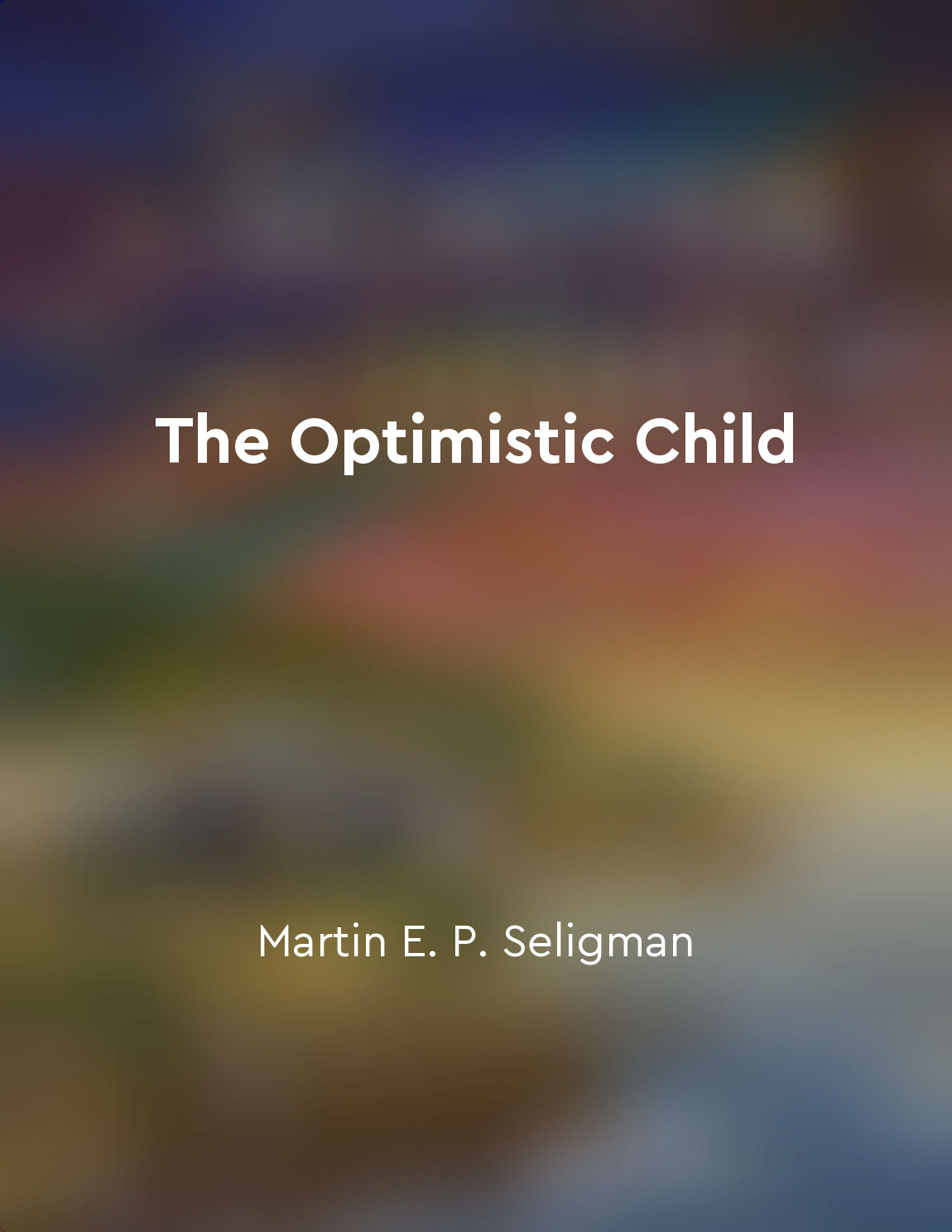Our expectations about the future may not align with reality from "summary" of Stumbling on Happiness by Daniel Gilbert
When we think about the future, we often imagine it in a way that aligns with our desires and beliefs. We envision a future where we have achieved our goals, where we are successful, happy, and fulfilled. However, as Daniel Gilbert discusses in his book 'Stumbling on Happiness,' our expectations about the future may not always align with reality. Gilbert explains that our brains have a remarkable ability to simulate future events, allowing us to anticipate how we will feel in certain situations. This mental time travel is a unique human capability that helps us plan for the future and make decisions in the present. However, our simulations are not always accurate, and we often misjudge how we will feel in different scenarios. One reason for this discrepancy between our expectations and reality is our tendency to focus on the positive aspects of future events while ignoring the negative ones. We imagine the best-case scenario and fail to consider the potential challenges or drawbacks that may arise. This cognitive bias leads us to overestimate the positive impact of future events on our happiness. Furthermore, Gilbert points out that our predictions about how we will feel in the future are influenced by our current emotional state. When we are feeling happy or sad, we project those feelings onto our future selves, assuming that we will feel the same way later on. This emotional forecasting can lead to errors in judgment, as our current emotions may not accurately reflect how we will feel in the future. In addition, Gilbert discusses the concept of "impact bias," which refers to our tendency to overestimate the emotional impact of future events. We believe that certain outcomes, such as winning the lottery or experiencing a tragedy, will have a significant and lasting effect on our happiness. However, research has shown that our emotional reactions to these events tend to be less intense and shorter-lived than we anticipate.- Gilbert's exploration of the disconnect between our expectations about the future and reality serves as a reminder that we are not always accurate predictors of our own happiness. Our simulations of future events are influenced by biases, emotions, and cognitive limitations that can lead us astray. By understanding these factors, we can learn to make more informed decisions and cultivate a more realistic perspective on what the future may hold.
Similar Posts

Belief is the foundation of success
Belief is the starting point of all achievement. Before a person can accomplish anything, they must first believe that it is po...

Loss aversion impacts risk perception
Loss aversion is a powerful psychological phenomenon that influences the way we perceive risks. People tend to weigh potential ...
Prioritizing selfcare is essential for overall well-being
In any discussion about happiness, the concept of self-care is often overlooked. However, prioritizing self-care is crucial for...

Look for patterns in behavior
When analyzing people, it is essential to pay attention to their behavior over time. By observing how individuals act consisten...

The importance of setting clear investment goals
In order to achieve success in investing, it is essential to establish clear and specific investment goals. These goals serve a...
Selfawareness is crucial for developing emotional intelligence
Self-awareness serves as the foundation for emotional intelligence, providing individuals with the ability to recognize and und...
Your beliefs shape your reality
It's a simple concept really - what you believe has a direct impact on the way you perceive the world around you. Your beliefs ...

Optimistic children are more likely to persevere in difficult situations
Optimistic children possess a unique mindset that enables them to navigate challenging circumstances with resilience and determ...
Happiness is not determined by external circumstances
Happiness is a complex and multifaceted emotion that has intrigued humans for centuries. Many people believe that their happine...
Understanding these irrational behaviors can lead to better decisions
Understanding irrational behaviors is crucial for making better decisions in various aspects of life. These behaviors are often...

